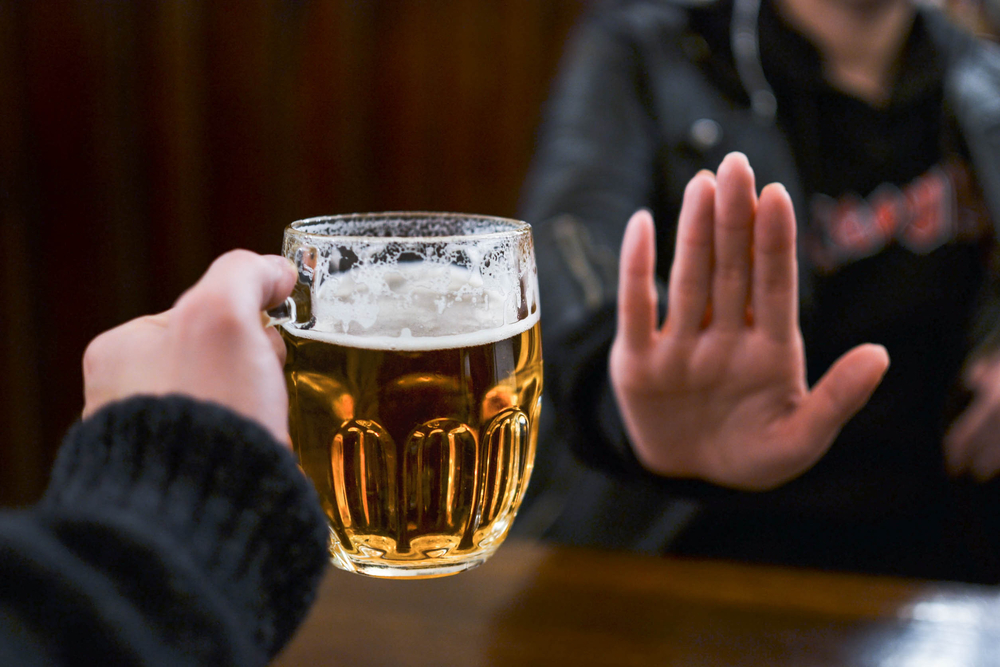After you make the decision that you will no longer drink, the next step on the road to recovery is going through alcohol withdrawal. For some people, this is the most taxing part of the journey. However, by better understanding what alcohol withdrawal entails, you’ll have an easier time preparing for it and anticipating what to expect.
4 Facts You Should Know About Alcohol Withdrawal
Though everyone’s experience will be different, here are four facts you should keep in mind about alcohol withdrawal.
1. Alcohol Withdrawal Sets in 24 Hours After Your Last Drink
The first time you go 24 hours without a drink, you will most likely begin experiencing the physical symptoms of alcohol withdrawal. In fact, for many people, this will start within eight hours of their last drink.
This first wave of symptoms can include any combination of the following:
- Abdominal Pain
- Anxiety
- High Blood Pressure
- Increased Body Temperature
- Insomnia
- Irregular Heart Rate
- Nausea
Usually, alcoholics will self-medicate by simply having a drink, but when you’re committed to quitting, you’ll have to experience these symptoms for 24 to 48 hours.
2. You May Also Experience “the Shakes”
Delirium tremens (DTs) is a common symptom of alcohol withdrawal that is often referred to as “the shakes.” Generally, this symptom begins within two to four days of quitting alcohol and involves involuntary shaking. However, what most people don’t know is that there are other symptoms of DTs which can include confusion and hallucinations.
3. Depression Is Common
It’s completely natural to feel some degree of depression once you give up alcohol. This is especially true if you’ve “hit rock bottom” and are being hard on yourself.
That said, there is also a physiological reason for experiencing a depressed mood during alcohol withdrawal. When you consume alcohol, the brain’s levels of dopamine increase, which results in an elated mood. It’s one of the main draws of drinking – that feeling of carefree confidence.
Unfortunately, over time, the brain may adapt to repeated spikes in dopamine by assuming that alcohol will always be there to cause it. When an alcoholic quits supplying the brain with alcohol, there can be a period of time where the body goes without sufficient levels of dopamine and depression occurs.
4. The Most Intense Part of Alcohol Withdrawal Usually Ends Within a Week
The good news is that the above symptoms of alcohol withdrawal should be over within a week. For some, the last stage may stretch to 10.
Of course, that’s not to say that the end of alcohol withdrawal is completely over. After that initial week, you may still feel some physical symptoms, like insomnia and depression, for months before they’re completely gone.
Countless People Have Beaten Alcohol Withdrawal
Although the above symptoms may seem overwhelming, don’t let them intimidate you. Under professional supervision, none of them need to pose a serious risk to your safety. And, no matter what, always remember that countless people have gone through alcohol withdrawal and made it to the other side. You can, too.













